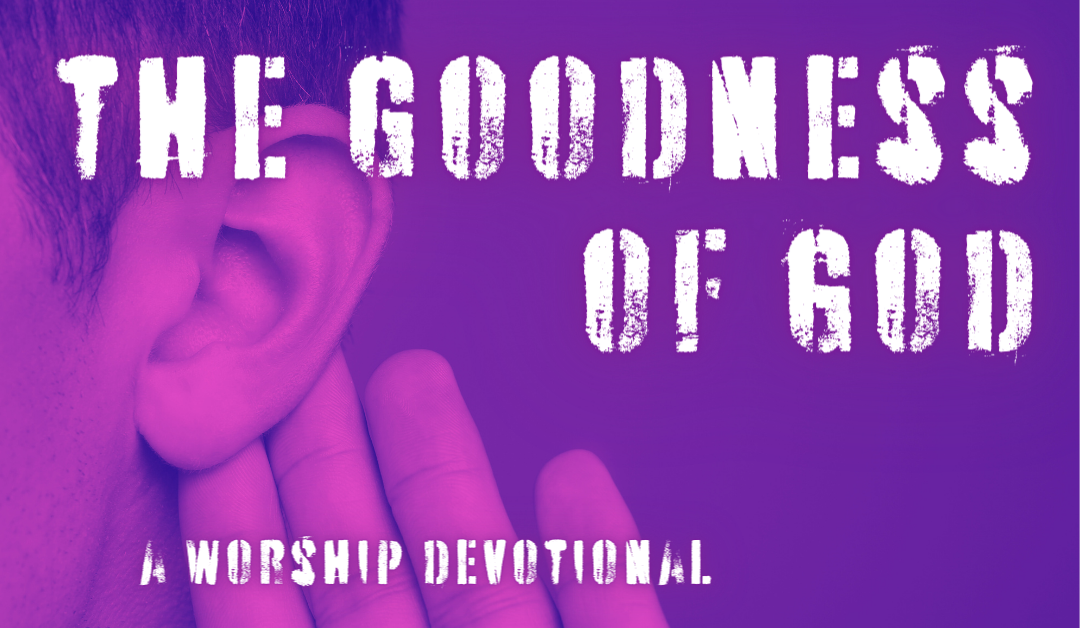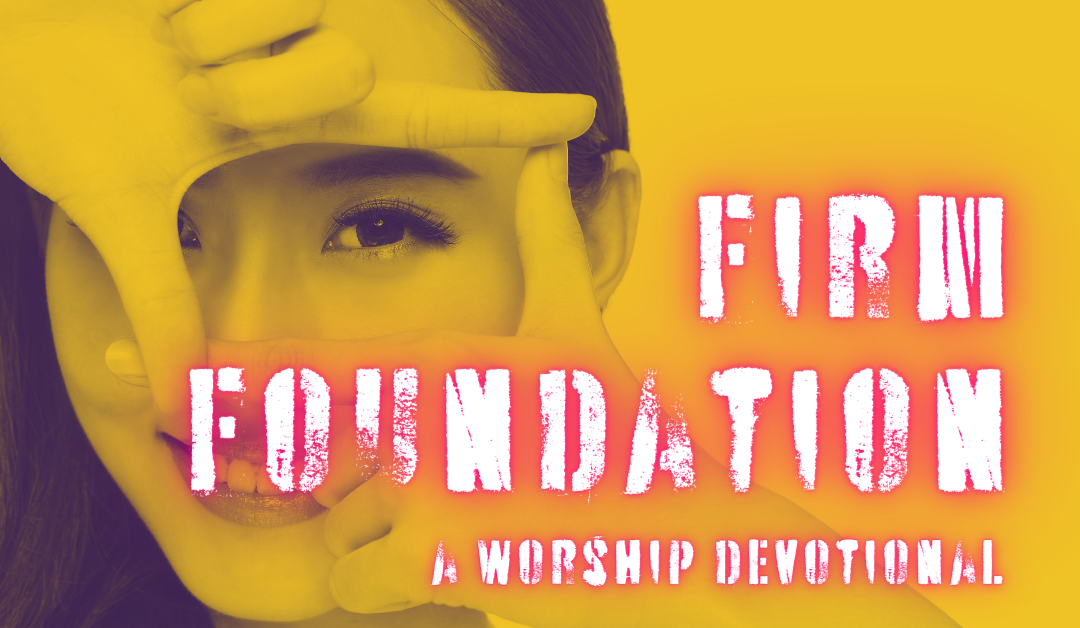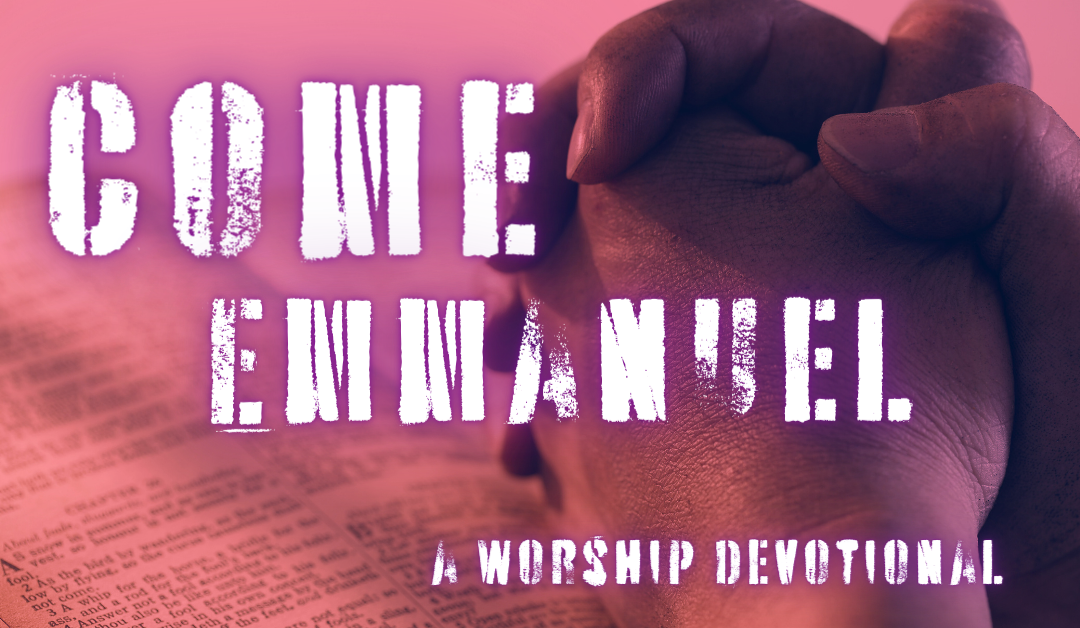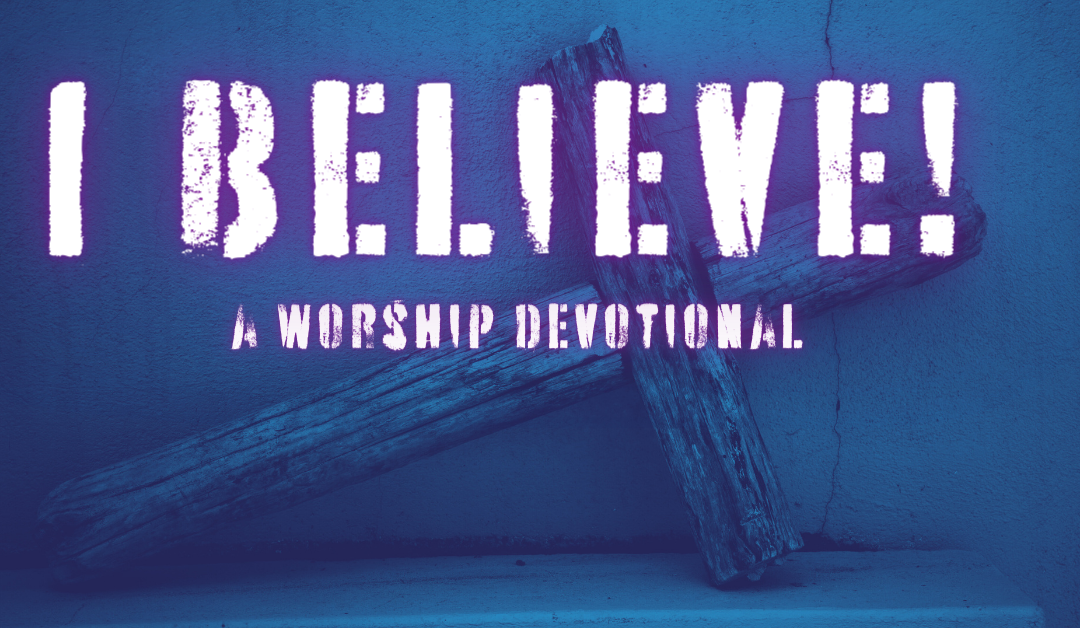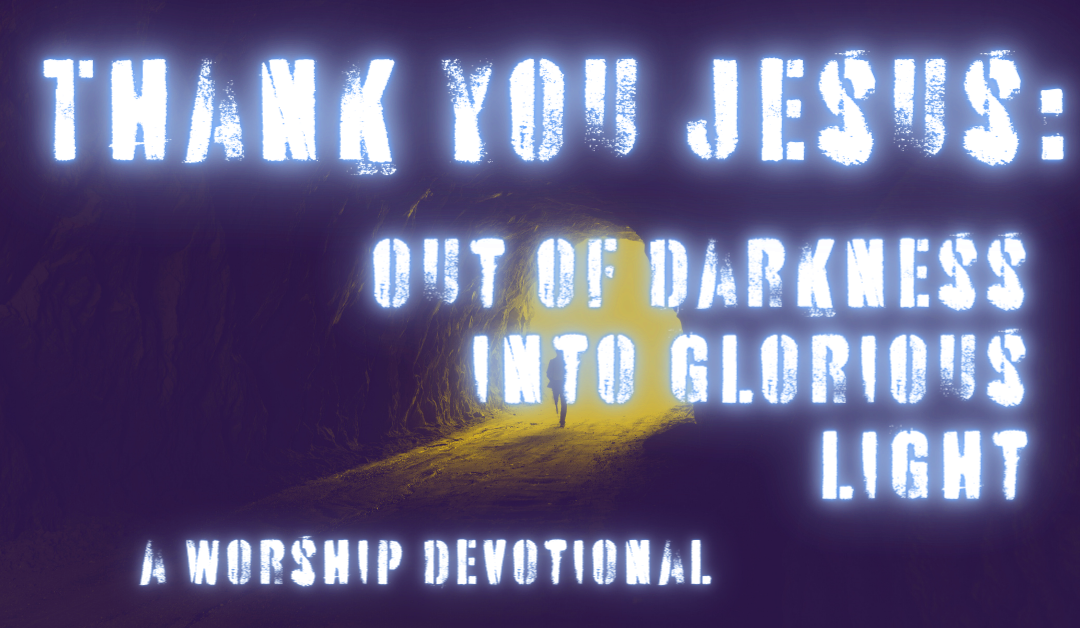
Thank You Jesus For The Blood
“Thank you Jesus for the blood applied
Thank you Jesus, it has washed me white
Thank you Jesus, You have saved my life
Brought me from the darkness into glorious light”
Thank You Jesus for the Blood, Charity Gayle
“9 But you are a chosen generation, a royal priesthood, a holy nation, His own special people, that you may proclaim the praises of Him who called you out of darkness into His marvelous light; 10 who once were not a people but are now the people of God, who had not obtained mercy but now have obtained mercy.”
1 Peter 2:9-10, NKJV
Fruit grows in the valley.
I heard a while ago – although I can’t remember where – that fruit grows in the valley and not on the mountain top.
As Christians we often equate success with being on the mountain, where God is. Like Moses, we are always climbing Mount Sinai in the hopes of an encounter with God.
Unlike Moses, very few of us want to go back down to share what God gives on the mountain.
In just a few chapters in Exodus (from 19-34) Moses makes his way up and down the mountain 7 times.
Each time God gives him something to share with the Israelites down in the valley.
How tempting it must have been during those 40 days with God in Exodus 34 to just pitch a tent and stay there in the glory and the presence of the Lord – but Moses knew and felt the burden of his people and knew that there was work to be done.
In Exodus 34, after a particularly glorious encounter with God, Moses’ face radiated with the Glory of God – so much so that he had to wear a veil and cover it up – as the people were filled with awe and fear.
For many of them, coming out of a place of idolatry, seeing God upon this man’s face must have been a thing of awe-inspiring beauty – as Moses brought the light from God’s Kingdom down to the valley of the idols.
And in time this would yield much fruit – his exercise of running up and down that mountain would sow the seeds of a mighty ministry.
Fruit trees need light to grow. In the valley of ‘civilization’ we find that there are idols, ideals and ideas that have often grown to overshadow what the Lord would want as a plantation for Himself.
Just like Moses – we cannot pitch a tent in the Mountain of the Glory of the Lord and stay there – there is work to be done in the valley.
I find it too often in churches, especially those run by ‘prophets’ and ‘apostles’, or other silly charismatic titles – that their congregations get a taste of the mountain life and start believing that they have made it, that they are somehow better off than those in the valley below. Growing fat on the bread instead of distributing it freely.
It is important to understand that if you fall into this category you will bear very little fruit for the Kingdom.
In this current age we find ourselves in we don’t think much about mountains and valleys. I don’t have to climb a mountain to encounter God. The most I need to climb are some stairs. And we climb those stairs often. Some of us even have our own dedicated seats based on how dedicated or important we might be.
We go to our churches – such beautiful mountains – and we hear from God, and perhaps even enjoy a cup of tea afterwards. We have made it…
But what are we taking out of that meeting – what are we taking back into the streets – the valley’s of our neighborhoods? What light do we bring to the valleys of addiction and unemployment, homelessness and abuse? What radiance? What joy? What love? What hope?
Where are we producing our fruit? When our neighbor is yet to see His glory, is it clear upon your face? Or are we too busy arguing about the karaoke that went a little loud last night? Or a parking space?
We were called out of darkness into His light – to be transformed, ignited and lit up as torches – to go back into the darkness and make a difference.
Moses went up the mountain to be transformed, ignited and lit up as a torch so that he could go back down and make a difference.
God gives us each a garden to tend – a personal mission field – and one of the responsibilities given to us is to make sure that the garden gets enough light.
Are you helping your garden grow? Are you showing it enough light? Or are you leaving it in the sanctuary, in a box under your reserved seat.
It is time we take our testimonies back into the world.
Prayer: Oh, Lord, let us not be selfish with the grace you have poured out upon us. Let it be our desire to go back to the ‘undesirables’ still stuck in the darkness of our past – carrying your light with us so that they might catch a glimpse of who You are. Let us tend, diligently and ardently, the garden given to us. In Jesus Name. Amen

